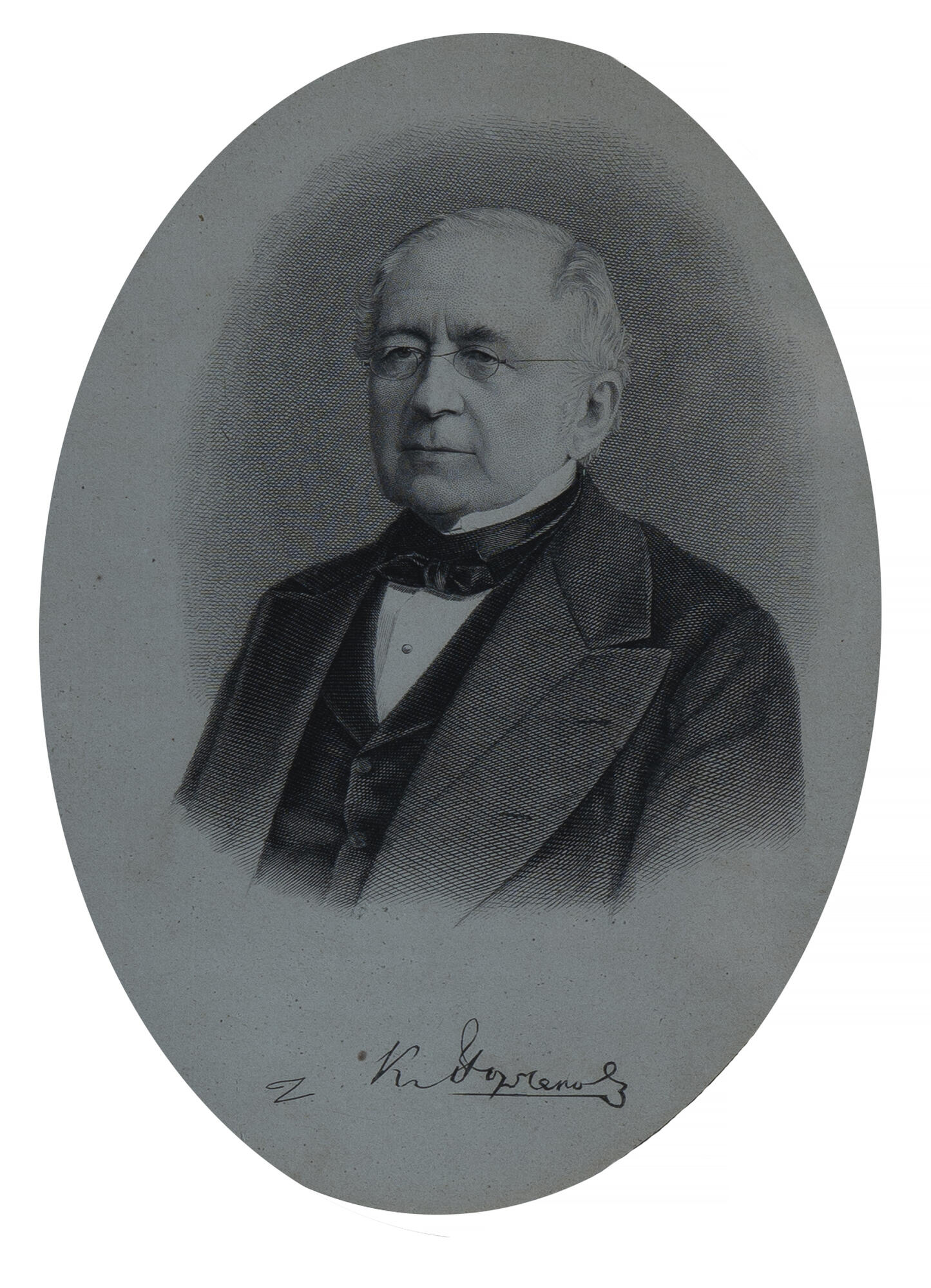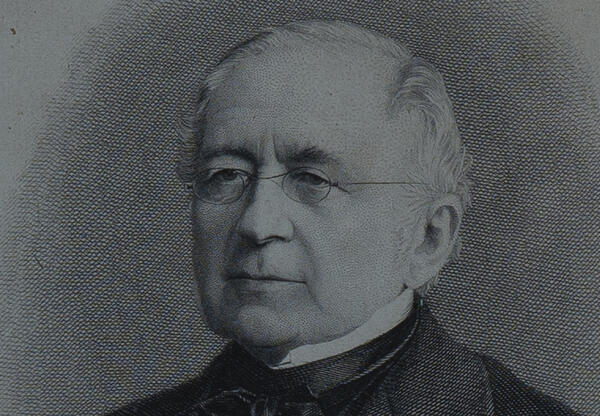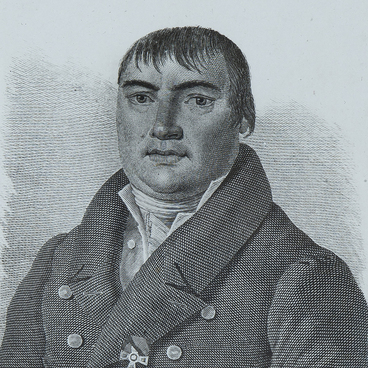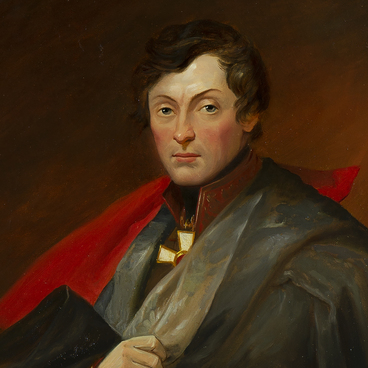Alexander Gorchakov was a diplomat, chancellor, member of the State Council and Minister of Foreign Affairs from 1856 to 1882. He is also known as a classmate of Alexander Pushkin at Lyceum in the Tsarskoye Selo and one of the Lyceum’s most successful graduates. Quite early, at the age of 19, Gorchakov started his career at the Ministry of Foreign Affairs. When he became the Minister, he carried out many reforms: he reduced the unnecessarily large number of diplomats that existed during the reign of Nicholas I, introduced special training for ministry employees, and replaced foreigners with Russians.
Fyodor Tyutchev was a diplomat like Gorchakov. In February 1822, he began his career at the State Collegium of Foreign Affairs. Count Alexander Osterman-Tolstoy, a relative of the poet, recommended Tyutchev for the position of an official at the Russian embassy in Munich. Tyutchev lived there for about two decades in total, and after returning to St. Petersburg became Gorchakov’s closest adviser. Tyutchev supported the Minister on the most serious issues, including, for example, the conclusion of a peace treaty after Russia’s defeat in the Crimean War in 1856. Russia lost its influence in Crimea, but Gorchakov managed to restore the status quo.
He also paid serious attention to Russian censorship and sought to weaken its influence. At the end of 1857, Tyutchev submitted an official note “On censorship in Russia” to Gorchakov. Largely this note became the reason for Tyutchev’s appointment as chairman of the Foreign Censorship Committee in the beginning of the following year.
On June 14, 1867, the anniversary of his 50-year service, Gorchakov received the title of Chancellor. Tyutchev described this day in detail in a letter, especially the moment of reading the telegram from the sovereign. While somebody was reading the telegram, the poet reported, ‘I looked at the kind face of this poor, sweet old man who had reached the highest honor… He could hardly hold back his tears. And everyone around him was touched, which proved how dear he was to everyone. When I approached him with congratulations, we hugged like two poor people.’ The poet dedicated a poem to Gorchakov, reacting to the latter’s success in politics:
Fyodor Tyutchev was a diplomat like Gorchakov. In February 1822, he began his career at the State Collegium of Foreign Affairs. Count Alexander Osterman-Tolstoy, a relative of the poet, recommended Tyutchev for the position of an official at the Russian embassy in Munich. Tyutchev lived there for about two decades in total, and after returning to St. Petersburg became Gorchakov’s closest adviser. Tyutchev supported the Minister on the most serious issues, including, for example, the conclusion of a peace treaty after Russia’s defeat in the Crimean War in 1856. Russia lost its influence in Crimea, but Gorchakov managed to restore the status quo.
He also paid serious attention to Russian censorship and sought to weaken its influence. At the end of 1857, Tyutchev submitted an official note “On censorship in Russia” to Gorchakov. Largely this note became the reason for Tyutchev’s appointment as chairman of the Foreign Censorship Committee in the beginning of the following year.
On June 14, 1867, the anniversary of his 50-year service, Gorchakov received the title of Chancellor. Tyutchev described this day in detail in a letter, especially the moment of reading the telegram from the sovereign. While somebody was reading the telegram, the poet reported, ‘I looked at the kind face of this poor, sweet old man who had reached the highest honor… He could hardly hold back his tears. And everyone around him was touched, which proved how dear he was to everyone. When I approached him with congratulations, we hugged like two poor people.’ The poet dedicated a poem to Gorchakov, reacting to the latter’s success in politics:



